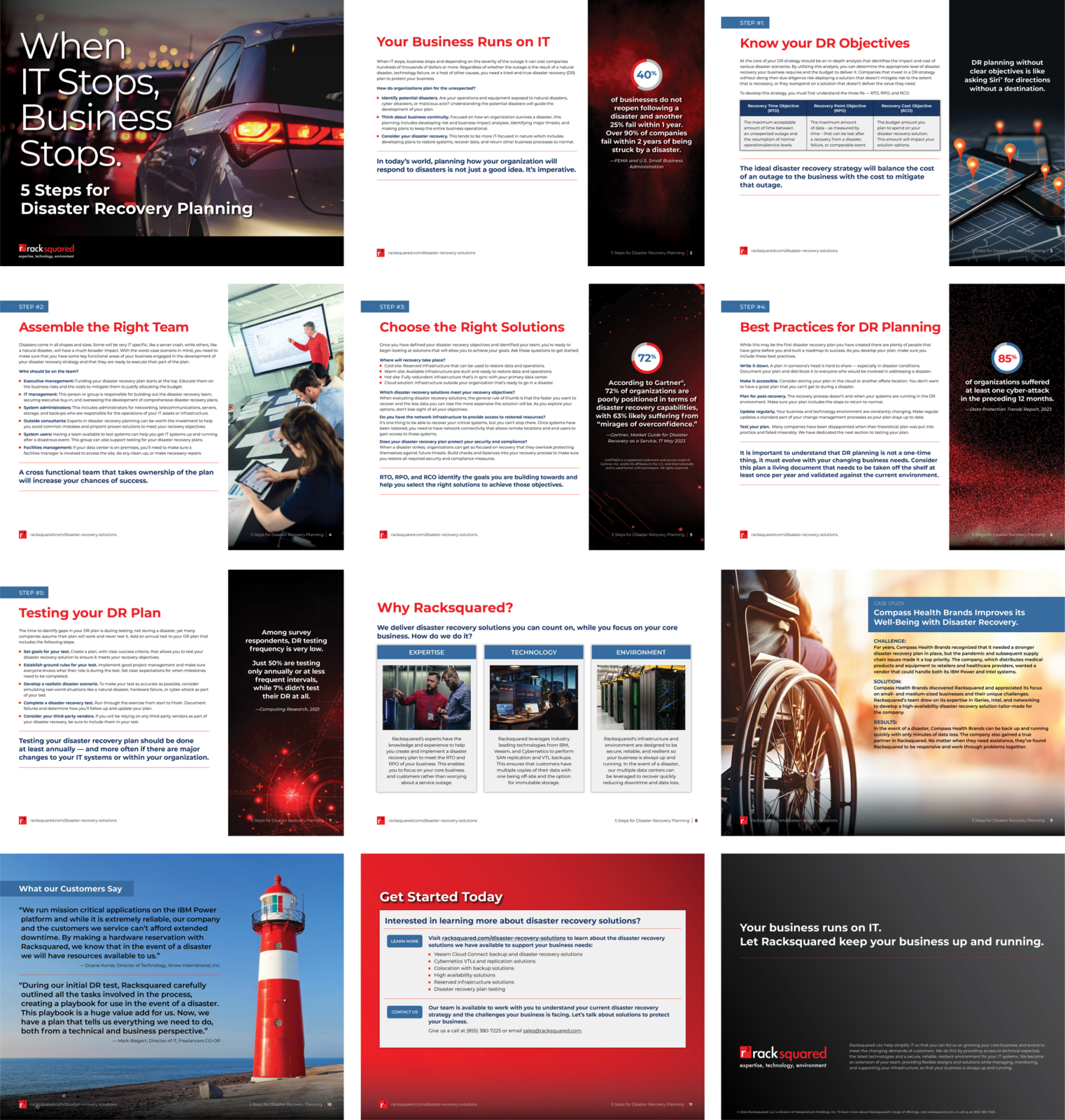New Trends in Consumer Spending Can Challenge Retailers and Others
Quick question: This year, when people have charged a jewelry purchase on their MasterCards, what was the average price? Any guesses? $250? $750? $1,000? How about $2,400?
It’s not 2008 anymore—or even 2012—and data at the recent Global Retailing Conference showed that consumers are spending more money. That’s the good news. The conference also presented evidence that consumers may be spending their money differently. And depending on what your company is trying to sell to consumers and how you are positioned, that could be bad news.
On the good news side of the ledger, consumers are spending more money on restaurants, air travel, new cars, and jewelry. In fact, in the jewelry category, MasterCard has seen eight straight months of growth according to The Washington Post. According to MasterCard executive Sarah Quinlan, consumers are making investment purchases. But even if your company doesn’t sell cars or vacations, the fact that consumers are opening their wallets can affect you and your company. Consumers’ willingness to spend, says Quinlan, means that there is money to be spent. But if consumers aren’t buying what you’re selling, you can no longer blame the economy. You have to look at your marketing and your products: are you selling what people want to buy?
The growth in sales of things like restaurant meals and vacations may also show a shift in what consumers now value. Experiences may be in; just owning stuff may be out. A recent broadcast of KUT’s excellent “Two Guys on Your Head,” featuring Dr. Bob Duke and Dr. Art Markam explored, “Does money really make you happy?” As Dr. Bob Duke commented in the show, “money gets us stuff.” But according to the two psychologists, that initial thrill can be short lived. “If you look at the kind of purchases that make people happy,” said Dr. Duke, “they tend to be purchases of experiences rather than stuff. So buying a brand new sofa for the living room that you never go in–it’s a thing but it’s not an experience. But if you buy a trip somewhere, or if you buy a car that you’re really going to enjoy driving, that actually makes you happier. Because you are enjoying the experiences, but the experience also makes memories and those memories are sustaining.”
Living versus possessing? That’s one way to look at it. And for those in the business of selling things to people, it may be a good time to think about how we can make the experience of owning something matter more—and also dust off our marketing strategies to be sure we’re making a convincing case for our products.




